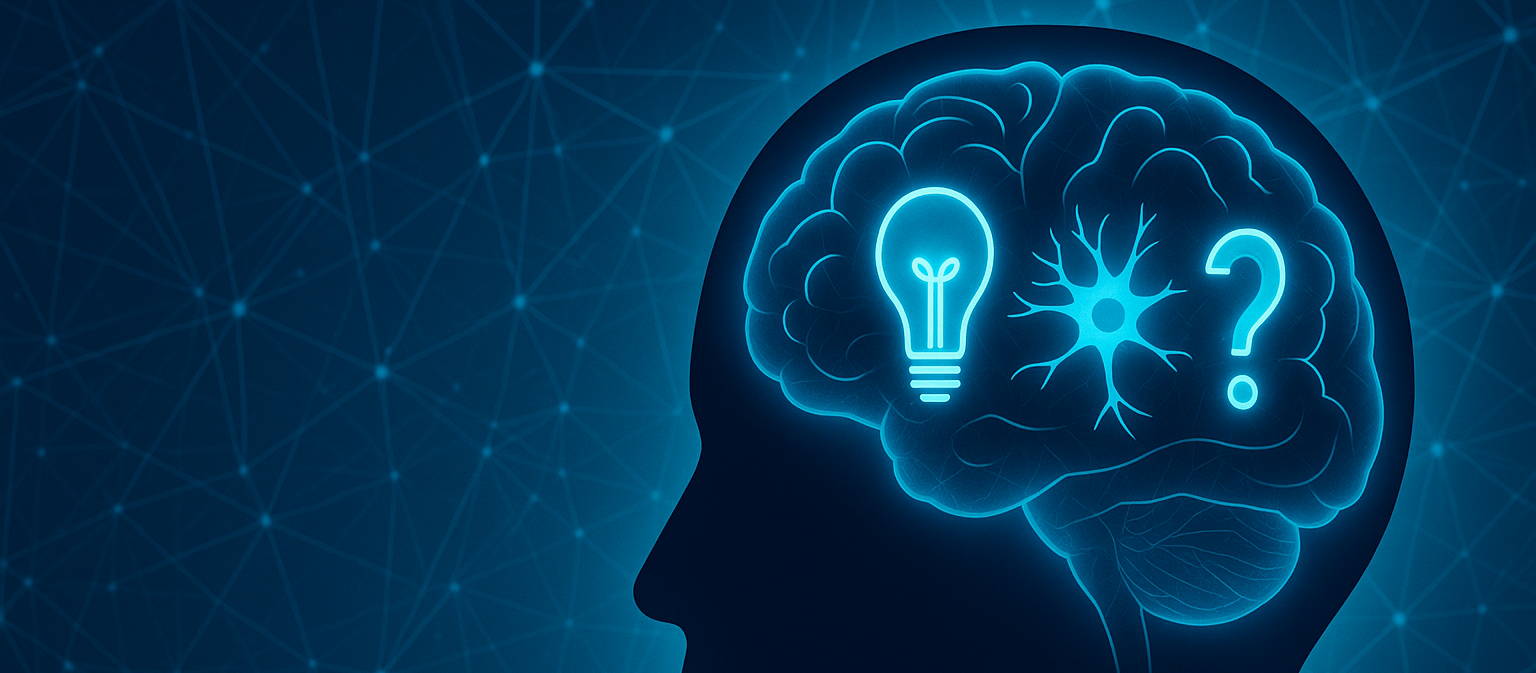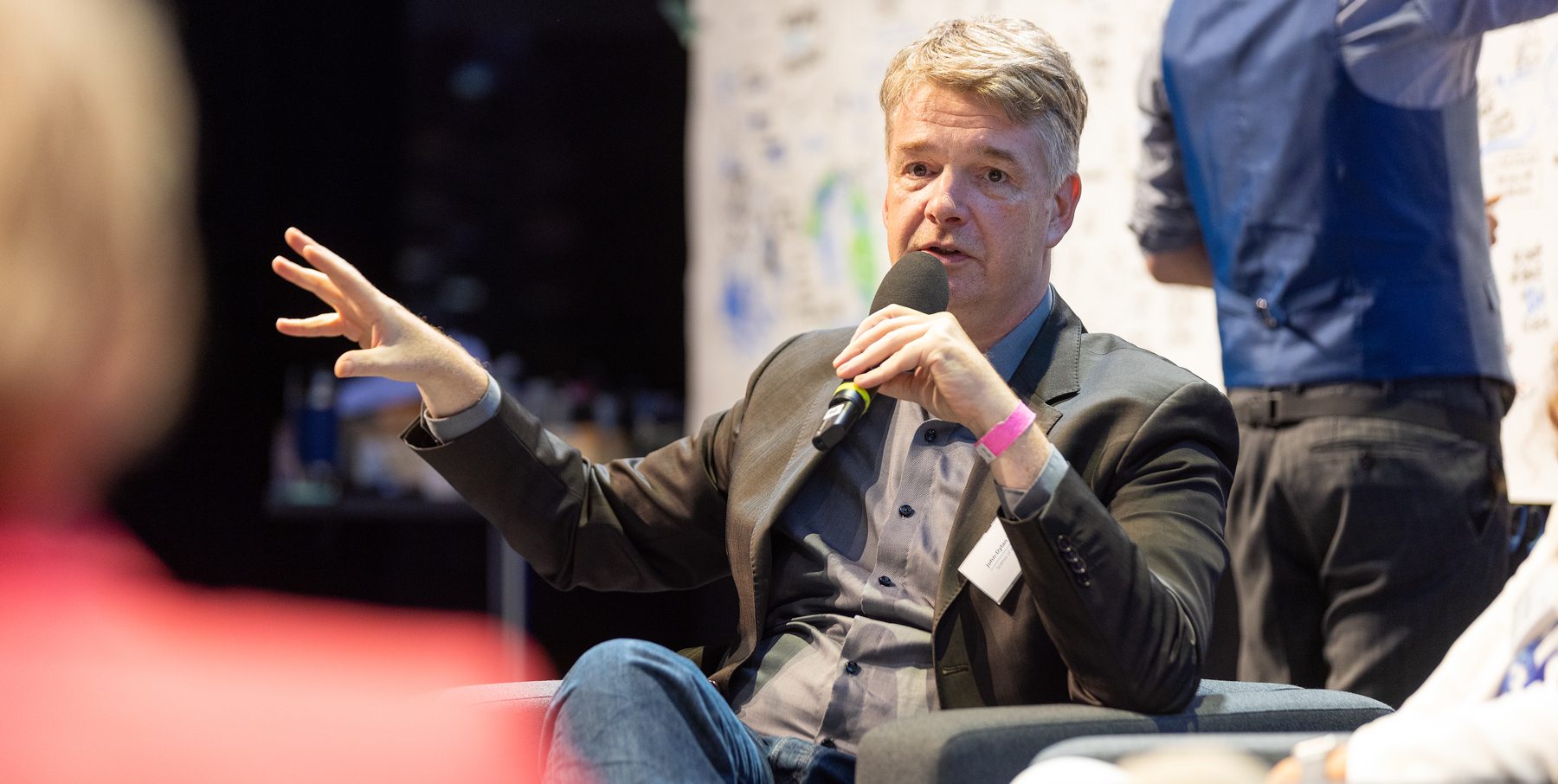Thinking about thinking: SCIoI member John-Dylan Haynes on thought, free will, and intelligence
At Science of Intelligence (SCIoI), researchers are working to understand the principles of intelligent behavior, across species, systems, and scales. Neuroscientist John-Dylan Haynes, a PI at SCIoI, studies what happens in our brains, especially in moments we associate with thought. How do thoughts emerge? What happens in the brain when we make decisions, feel emotions, or consciously think of nothing at all?
This article is based on John’s recent interview with Deutschlandfunk Kultur, where he spoke with Ulrike Timm about his research and how it intersects with philosophy, technology, and everyday experience. You can listen to the full conversation here.
From math puzzles to mind reading: decoding the brain’s inner workings
From early on, John was curious about what happens in the brain when we get stuck on a problem and suddenly have a breakthrough moment. As a child, he’d get up from a math exercise, fix his bike—and plopp, the solution would come to him. Years later, as Professor of Neuroscience at Charité and Humboldt University and PI at SCIoI, he investigates these flashes of insight in controlled settings, using brain imaging and machine learning.
His lab’s core work involves decoding brain activity: placing volunteers in a scanner and analyzing how specific thoughts, like “dog,” “drill,” or “piano”, light up the brain in distinct patterns. These patterns can be fed into algorithms, allowing computers to learn to distinguish between them. It’s a far cry from telepathy, but it’s surprisingly effective. “Each thought leaves behind a characteristic fingerprint,” John explains.






